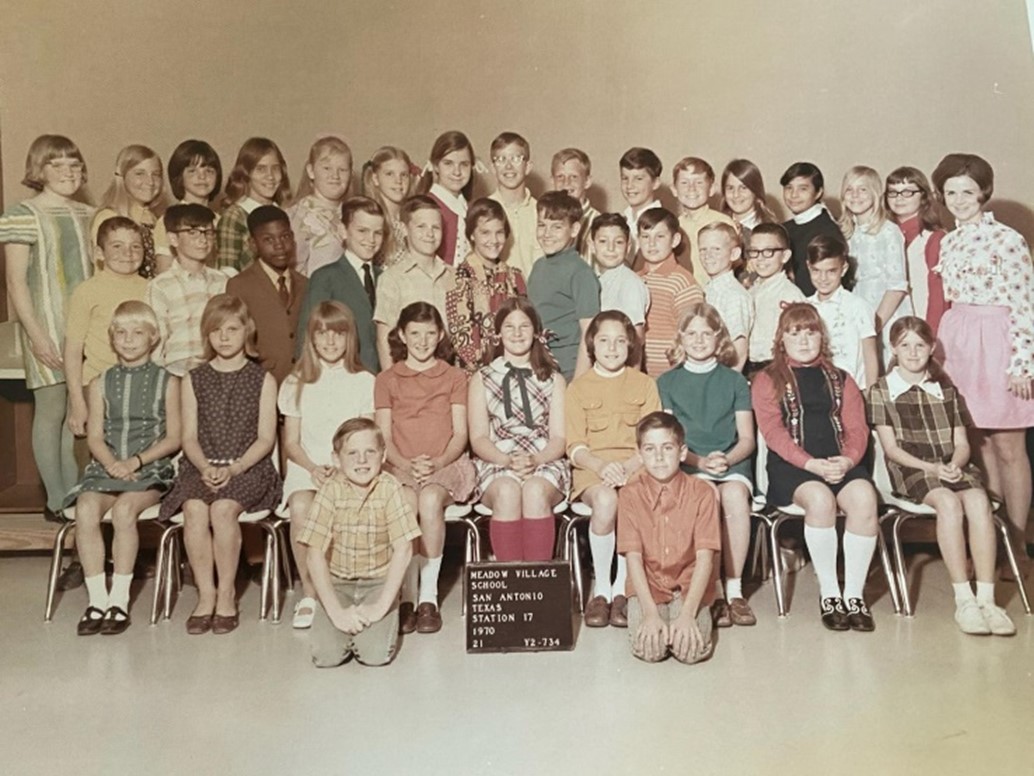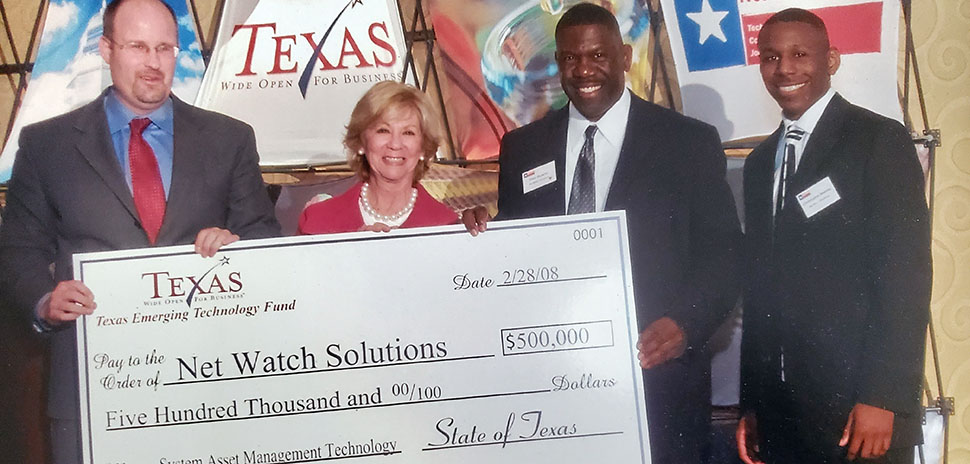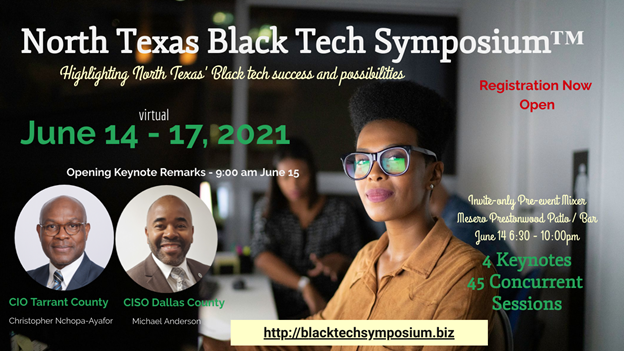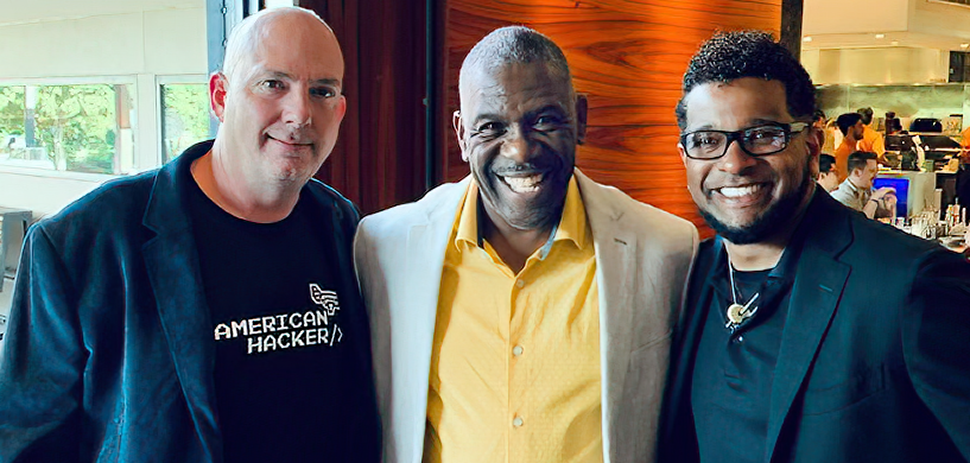Though Blacks comprise roughly 13 percent of the U.S. population, only about 8 percent of all computer or mathematical workers are Black. The disparity is even wider at the executive level, where about 2 percent of IT managers are Black.
“How can that be, in the age of Black Lives Matter?’ points out Dallas-based Peter Beasley, co-founder of Blacks United in Leading Technology (BUiLT) International.
“There is no talent pipeline problem,” he said. “Black tech talent is widely available, especially in North Texas.”
Several leading organizations have banded together to hold the inaugural North Texas Black Tech Symposium from June 15-17. The event is free; access to networking costs $10 and access to workshops costs $20.
The event is being hosted by BUiLT, a nonprofit group whose creed states that increasing the representation and participation of Black people in tech helps lift oppressed people everywhere.
“A great deal of the racial disparity found in the U.S. tech workforce has been driven by institutional, systemic racism,” said Beasley, who admits his early life experiences didn’t point clearly to his current role, Chairman and Executive Director of BUiLT.
Growing Up ‘Colorblind’
“I’m surprised finding myself leading an organization advocating racial equality,” Beasley told Dallas Innovates, “because I grew up almost colorblind. My father was in the Air Force, and I grew up in Sacramento, California, Anchorage, Alaska, London, England, and San Antonio, Texas.”

Shown here in his sixth grade class at Meadow Village School in San Antonio, Peter Beasley effectively integrated his class. “We were all friends. I made no color distinction,” he says.
“When I went to UT Austin in 1976, oh boy,” he said. “There were almost no Blacks at all, but because I made straight-A’s in my first semester in an electrical engineering program, it seemed like I had a lot of extra passes that others didn’t get.”
When Beasley graduated UT in 1980, he re-entered his colorblind reality, living in a mobile home, exploring the ditches of South Texas for uranium for Dallas-based Mobil Exploration and Producing Services Inc. (MEPSI).
Then, with MEPSI, Beasley worked four years in oil exploration on a worldwide, oceangoing ship traveling to Greece, England, Scotland, United Arab Emirates, Cameroon, Sierra Leone, Kenya, South Africa, Madagascar, Singapore, Japan, Indonesia, and countries in between.
When he moved to Dallas in 1985, MEPSI groomed Beasley through career-advancing special roles, and then put him in leadership in information technology.
“Back in the ’80s, there were few Black people in tech, especially in management,” Beasley said. “But, if you have the education and are given a chance, technology careers can create new possibilities for anyone.”
“The beauty is, if you can code, code is code,” he said. “It’s ones and zeros. And if you can keep the bad guys out via cybersecurity … or if you can do something with technology that generates competitive value, nobody cares what race you are. You’re making money for someone.”

In 2008, Peter Beasley and his son accepted a $500,000 award from the Texas Emerging Technology Fund.
Barriers at the Top
Beasley spent 20 years in corporate IT management but he ran into barriers and ceilings; other Black IT pros have reported the same. He saw the effects of race and the lack of diversity again and again, through frequent racially disproportionate layoffs.
A federal report indicates Beasley and other Black technologists face an uphill battle in gaining a foothold in the IT industry, especially at higher echelons of companies. The Equal Employment Opportunities Commission reports that only about 2 percent of all IT executives are Black, compared to 83 percent white.
Finding fewer and fewer leadership roles as an older Black man in tech, Beasley started his own software company at age 45 – Netwatch Solutions.
Beasley developed and patented the company’s artificial intelligence-driven predictive technology to reduce down time in customer networks. Netwatch clients included Metro PCS, Interstate Batteries, the Staubach Company, HollyFrontier, and Hunt Petroleum. Beasley’s company also was awarded $500,000 from the Texas Emerging Technology Fund.
But, race became a factor again seeking funding, when — on one occasion — he was asked if his grandparents were slaves. Some suggested that his client base was generated by his minority status. Regardless, Netwatch Solutions was gaining ground, in fits and starts.
Covid Resets the Table
“We were closing that next sale, early 2020, then Covid wiped out 100 percent of our deals,” Beasley said. “We sold through on-site software demos, and then instantly, there were no customers on-site anymore. Everyone’s offices closed.”
Where Covid closed one door, it opened another.
Having the time, energy, and expertise on his hands in March 2020, Beasley took the lead and incorporated Blacks in Technology International as its Executive Director, a roll-up of the existing and expanding groups. In September 2020, Beasley co-founded and incorporated BUiLT.
Beasley has interviewed and placed 18 board directors, 16 chapter presidents, and 13 assistants, coordinators, and vice presidents in 12 new cities — including Las Vegas, Tampa, and London, England — since he first joined in May 2019.
The organization’s membership has grown quickly, coinciding with increased attention to the push toward social justice, and the deaths of numerous Blacks at the hands of police, Beasley said. The original Dallas group now has about 2,400 members; domestic and international chapters have about 8,400 members. Beasley anticipates tech advocates worldwide will attend the symposium.
A Chance to See and Be Seen
While the online symposium is open to the public, the participating organizations, speakers, invited guests, and all BUiLT members can attend an all-free in-person private networking event set for 6:30 p.m. Monday, June 14, at Mesero’s Prestonwood location.
“The virtual symposium will have an expo for sponsoring companies to provide recruiters,” Beasley said. “Sponsors also have the opportunity to provide content-relevant presentations to the symposium audience.”
Of all that the symposium accomplishes, Beasley said, the event will aim to highlight the success of Black technology professionals, the benefits they provide to their employers and highlight the rich, ready talent pool across North Texas.
“There’s a very large ecosystem here in North Texas that helps fuel the pipeline of Black technologists and entrepreneurs,” Beasley said, naming the DFW Minority Supplier Development Council, Year Up, and Generation USA.
“BUiLT is on the MeetUp platform and has been invited into the 15,000 member Communities for Black Justice and Equity organization, which elevates Black voices and experiences, helping to end racial injustice. It is free to attend BUiLT events,” he said. “We are open to everyone and we don’t discriminate against anybody,” Beasley said. “Everyone should be given a chance.”
For more information about BUiLT, visit the group’s website here. Click here to sign up for the event, which will include keynote speeches from Dallas County Chief Information Security Officer Michael Anderson and Tarrant County Chief Information Officer Christopher Nchopa-Ayafor.
Other organizations participating in the symposium include the Dallas Regional Chamber, Dallas Fort Worth Minority Supplier Development Council, Year Up, Generation USA, Black IBMers, American Airlines Black Professional Network, the Texas chapter of the International Consortium of Minority Cybersecurity Professionals, the National Society of Black Engineers, and Impact Ventures.
Companies or organizations that would like to present during the symposium need to contact the North Texas Black Tech Symposium team before June 1.
The North Texas Black Tech Symposium platinum sponsors include American Airlines and ntelicor.

![]()
Get on the list.
Dallas Innovates, every day.
Sign up to keep your eye on what’s new and next in Dallas-Fort Worth, every day.



























